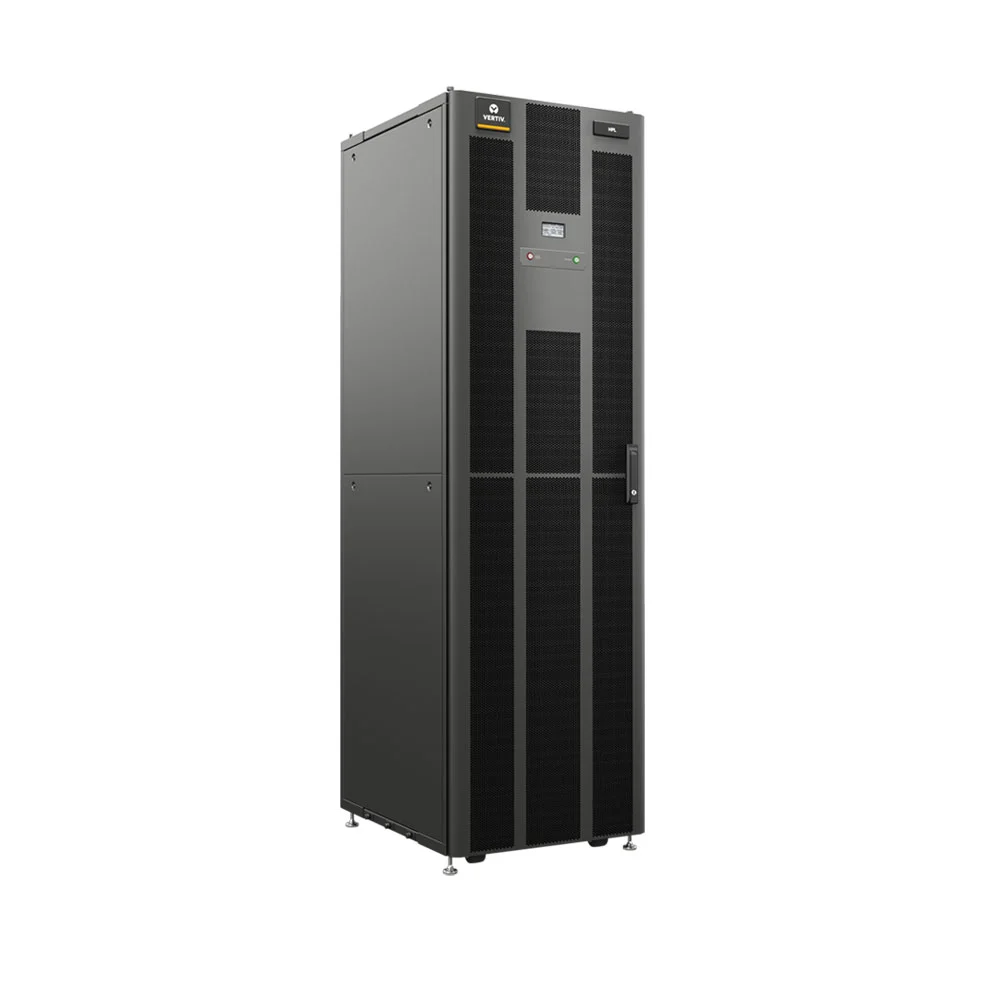The HPL Lithium-Ion Battery Energy Storage System is a type of energy storage technology that uses lithium-ion batteries to store and manage electrical energy. These systems are typically used to store excess energy generated from renewable sources like solar and wind or from the grid, and release it when needed to help stabilize energy supply and demand. Here’s a breakdown of the key components and features that are generally associated with Lithium-Ion Battery Energy Storage Systems (BESS), including those from HPL or similar manufacturers: Key Features: Lithium-Ion Technology: Lithium-ion batteries are favored for their high energy density, long cycle life, and efficient performance. They are commonly used in applications like electric vehicles, grid storage, and consumer electronics. Energy Storage: These systems store electrical energy in lithium-ion battery packs and release it during periods of high demand, or when renewable energy production is low (e.g., on cloudy days for solar energy systems). Efficiency: Lithium-ion batteries typically offer high efficiency in terms of energy conversion, with round-trip efficiencies often exceeding 90%. This means that most of the stored energy is usable when discharged. Modular Design: HPL and other manufacturers often design their battery systems with modularity in mind. This means that the system can be scaled to fit a variety of needs, from residential to commercial and industrial applications. Grid Integration: These energy storage systems are commonly integrated with the electrical grid. They can help balance grid frequency and voltage, provide backup power during outages, and support the integration of renewable energy sources by smoothing fluctuations in supply. Battery Management System (BMS): The BMS ensures the safety, performance, and longevity of the battery by monitoring the state of charge (SOC), temperature, and other critical parameters. It can also prevent overcharging, over-discharging, and overheating. Applications: Residential Use: Homeowners can use these systems to store solar energy for use during the night or power outages. Commercial & Industrial Use: Businesses can use these systems to reduce demand charges or to provide backup power. Grid-Scale: Large energy storage systems can be used to stabilize the grid and facilitate the integration of renewable energy at a larger scale. Advantages: Sustainability: By storing renewable energy, these systems contribute to reducing carbon footprints and dependence on fossil fuels. Flexibility: They can be used in a wide range of applications, including residential, commercial, and large-scale energy storage. Cost Savings: Especially in commercial applications, they can help reduce energy costs by managing peak demand and reducing reliance on expensive grid power during peak periods.
Send Message







